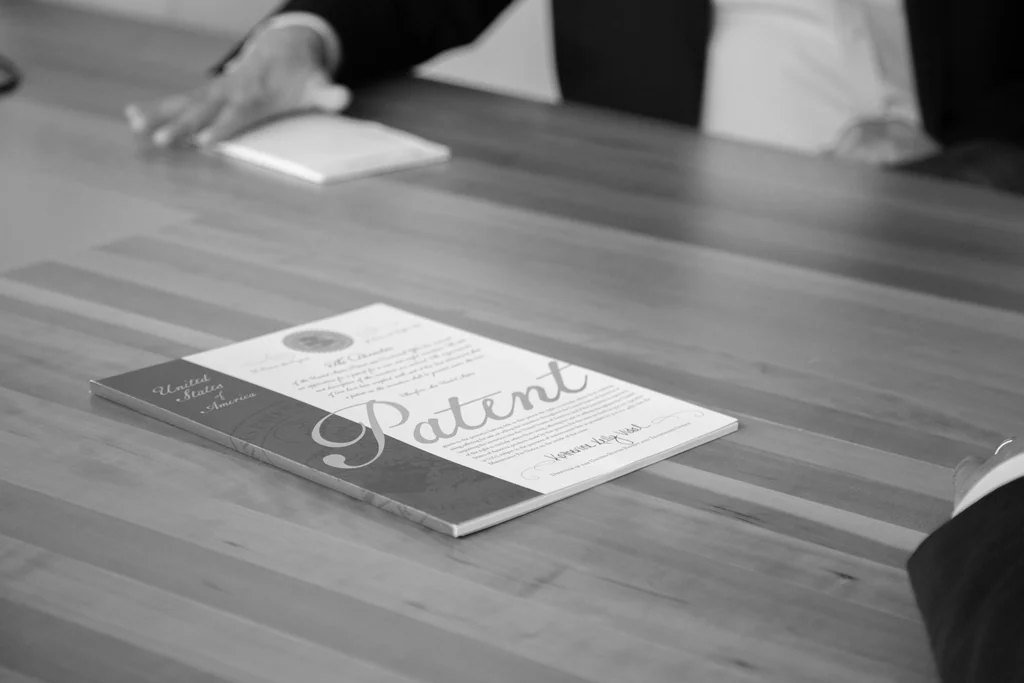Last week, Stephen Breyer, an associate justice on the Supreme Court of the United States, decided the time had come to hang up his robes. Breyer, appointed to the bench by President Bill Clinton in 1994, announced his retirement on Jan. 26 after more than 27 years serving as a justice. As pundits have speculated at length, Breyer’s retirement as one of three liberal justices on the court will give President Joe Biden the opportunity to appoint a successor who will slot in to preserve the status quo of the court at a 6-3 conservative majority.
Given the many important issues in patent law that have been before the court in recent years, any vacancy on the Supreme Court causes patent attorneys nationwide to wonder whether one of us could fill that seat: a patent attorney on the high court! Well, not only has that happened once before, but there is a chance that President Biden could consider a USPTO-registered attorney for a nomination to the nation’s highest bench.
Patent law once had a seat on the Supreme Court
In 1851, President Millard Fillmore was faced with the death of Supreme Court Justice Levi Woodbury. Fillmore nominated a man by the name of Benjamin Robbins Curtis to fill the vacancy. Curtis, a graduate of Harvard College — as it was once called — and Harvard Law School had become known for his expertise in none other than . . . patent law. Curtis, who was also the first Supreme Court justice to have earned a formal law degree at a law school, was best known for resigning from the court in 1857 after only six years of service.
The cause of Curtis’ resignation was the Supreme Court’s decision in Dred Scott v. Sandford, in which the majority of the court held that people of African descent were never intended to be citizens of the United States under the United States Constitution. Benjamin Curtis’ brother, George T. Curtis, served as co-cousel for Scott in the case and was best known for his legal treatise, “A Treatise on the Law of Patents for Useful Inventions in the United States of America.”
Benjamin Curtis dissented in the Dred Scott case — opining that African American citizens throughout the country were among the “people of the United States” whom the Constitution addressed. It is impossible to know whether the Dred Scott case was the sole reason for Curtis’ resignation, but some have speculated that it was. If so, that would make him the only Supreme Court justice in history to resign from the court on a matter of principle.
Could Biden make it a patent attorney?
In Feb. 2020, then-presidential candidate Biden promised that if given the opportunity to fill a vacancy on the court, he would make history by nominating the first Black woman to Supreme Court. White House press secretary Jen Psaki reaffirmed that commitment to reporters last week following Breyer’s retirement announcement.
Enter Judge Tiffany P. Cunningham, a native of Detroit, under 50 years old, a Black woman and confirmed last year to the Court of Appeals for the Federal Circuit (every current Supreme Court justice except for Justice Elena Kagan has come from the Federal Court of Appeals). A USPTO-registered patent attorney, Cunningham is also the first-ever Black judge to sit on the Federal Circuit.
Cunningham completed her undergrad at MIT in chemical engineering and her JD at Harvard. For the last seven years before being appointed to the Federal Circuit, she was a partner at Perkins Cole in Chicago where she practiced patent litigation. With those academic, judicial and professional boxes checked, Cunningham appears to be well-qualified to be considered for nomination to the Supreme Court. Given the importance of patent law issues like Section 101 case law regarding patent ineligibility for purportedly abstract ideas, the addition of a patent lawyer as a justice would be most welcomed and could provide more analytical depth and understanding on these issues than has been seen in recent opinions — such as Alice Corp v. CLS Bank Int’l.
Although most news outlets and pundits have Judge Cunningham further down the list than some of the other possible candidates — Judge Ketanji Brown Jackson (U.S. Court of Appeals, D.C. Circuit); Justice Leondra Kruger (Supreme Court of California); and Judge J. Michelle Childs (U.S. District Court, South Carolina) appear to be the three most-mentioned names — she is still one of the top candidates who fits the profile that President Biden plans on using in selecting his nominee.
Should the president choose to appoint Judge Cunningham to the Supreme Court, her expertise as a USPTO-registered patent attorney and Federal Circuit appellate judge would be invaluable for the court.

